Parent & Pro Picks
Search by Topic
- Child Development and Preventative Care Resources
- Developmental Disability Resources
- Diabetes and Endocrine Resources
- Financial Support
- Financial Support Resources
- Gastrointestinal Resources
- Grief Support
- Hospice Resources
- Housing/Transportation Resources
- Informational Resources
- Legal Support
- NICU
- Neonatal and Premature Birth Resources
- Neurological Condition Resources
- Orthopedic and Mobility Impairment Resources
- Palliative Care Resources
- Pediatric Cancer
- Rare Disease Resources
- Recreation/Wish-Granting Resources
- Sibling Support
- Special Education Resources
- Transplant Patient Resources
- medical toys
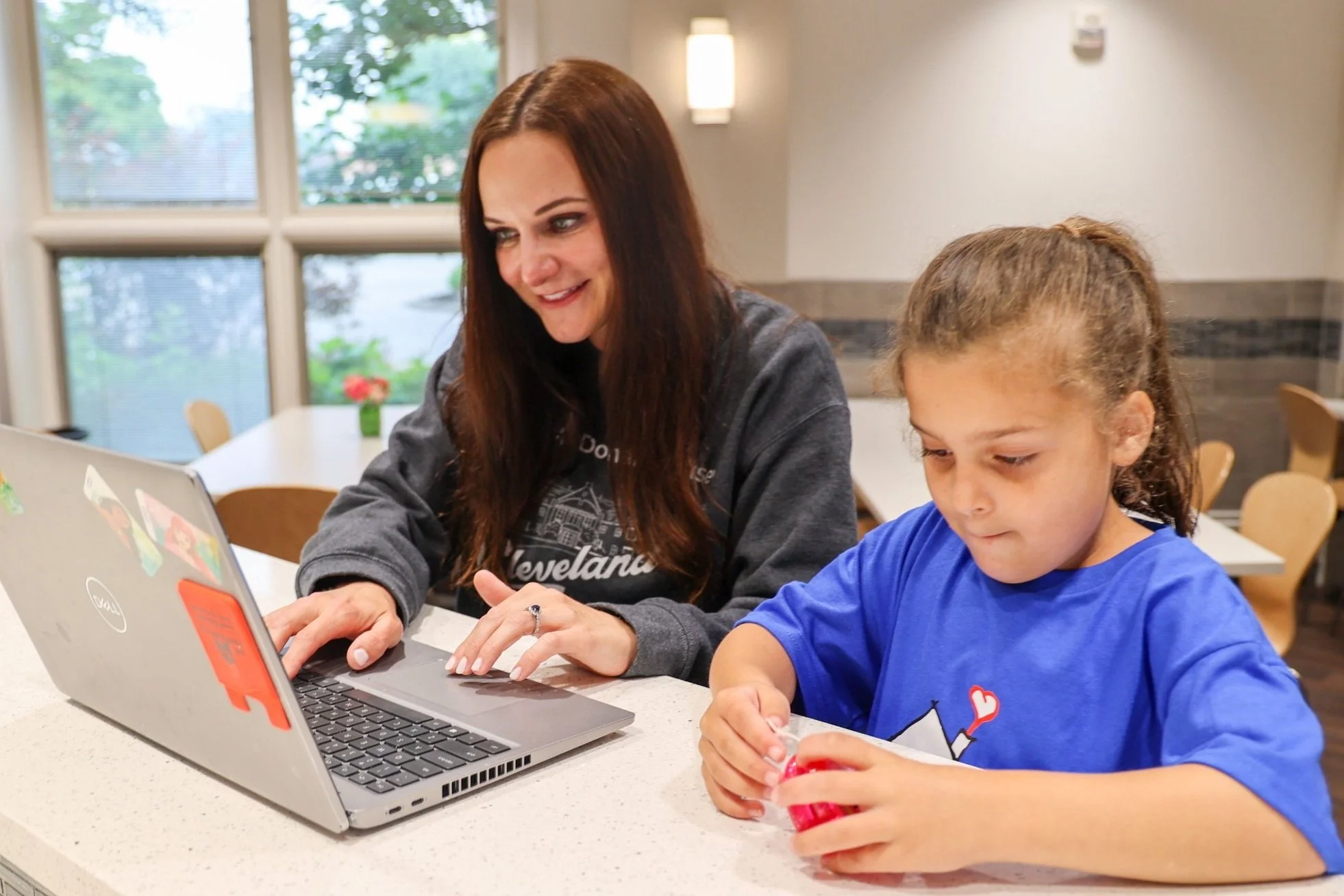
Using AI to Find Medical Information
With a computer or smart phone, you have access to a lot of information right at your finger tips. Knowing what to search, how to search, and whether or not to trust the results can be overwhelming, especially as artificial intelligence (AI) tools enter the chat. With the right approach, AI can help you stay informed, focused, and empowered following an unexpected medical diagnosis.
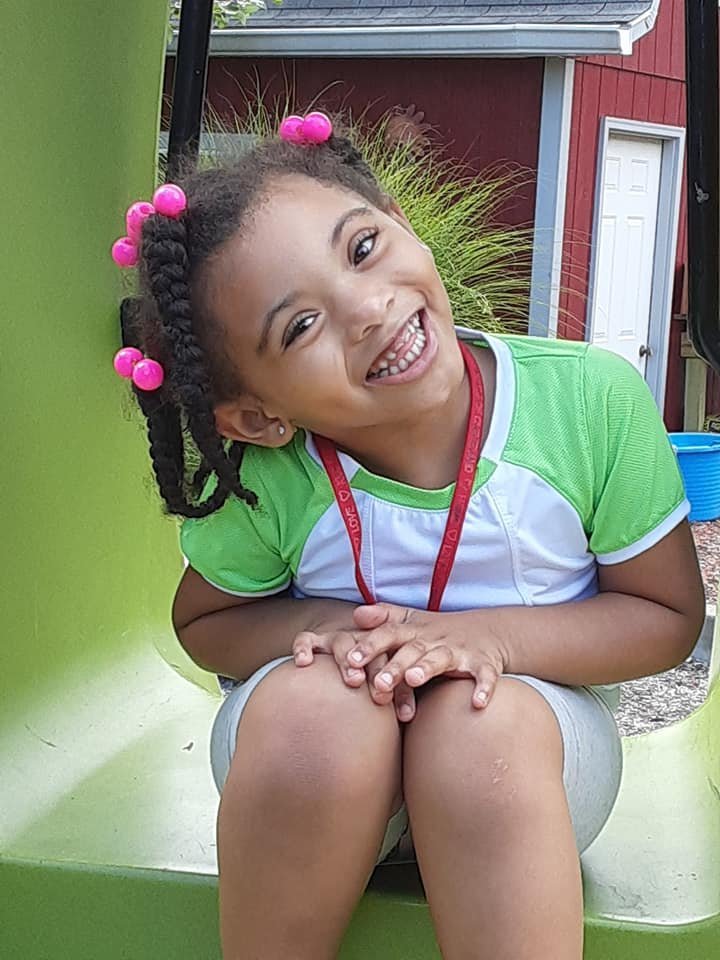
Medical Identification Accessories
A medical identification or medical alert accessory can be a life saver in an emergency. If you or a loved one has a severe allergy, medical condition, disability or special need, adding a medical identification accessory to your daily outfit can alert emergency or medical professionals before they provide care.
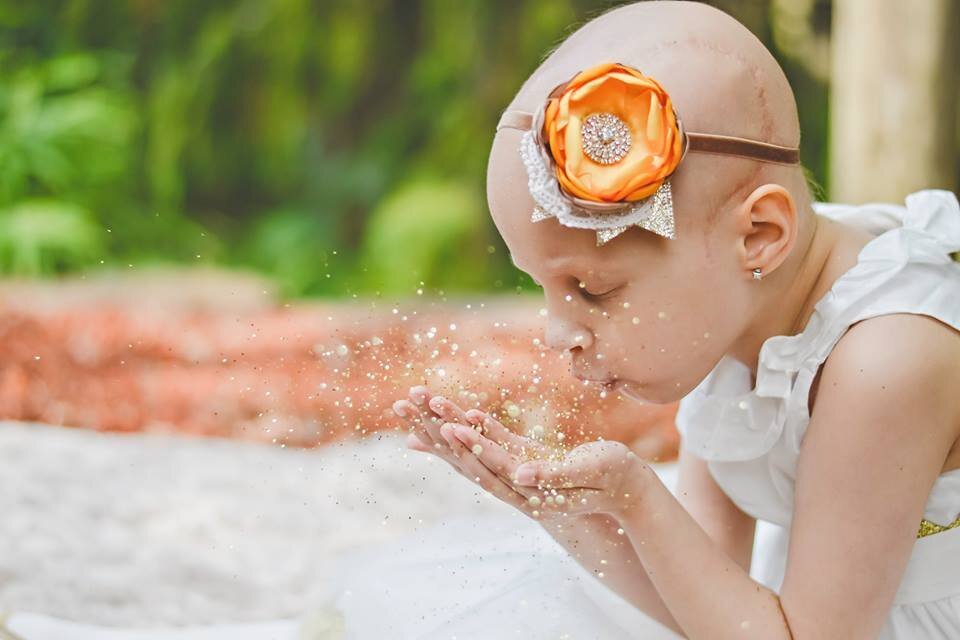
Pediatric Brain Tumors: Care, Support and Family Resources
Approximately 4,000 children in the United States will be diagnosed with a primary brain tumor this year leaving their parents, caregivers, loved ones and themselves with many questions about what comes next. In this guide you will find a variety of resources to help your family as you begin to navigate life with a pediatric brain tumor diagnosis.

Traveling with Children who have Special Needs and Medical Challenges
Children with disabilities and medical challenges often require carefully coordinated, specialized care. This can make traveling away from home complicated, but not impossible with proper planning and resources. In this guide you’ll find resources that may help make traveling less challenging if your child has special needs or a medical condition to consider. This guide and the resources listed are not meant to replace consultation with medical professionals, or to diagnose a medical condition. Please reach out to a professional for advice and assistance.
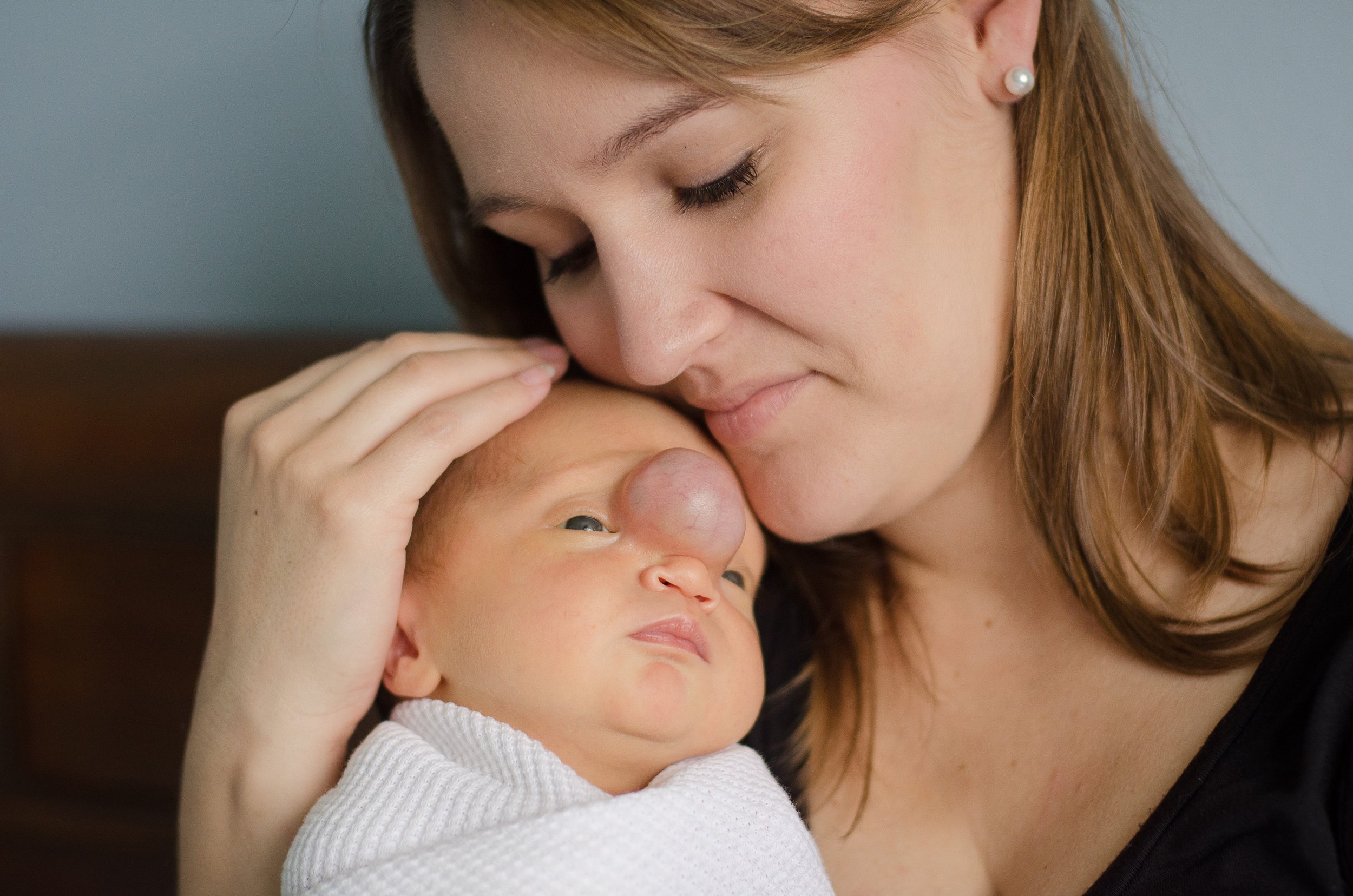
Finding Support and Information When Your Child Receives a Rare Disease Diagnosis
When your child receives a new medical diagnosis it can be helpful to seek support from other parents and caregivers who have been in your shoes. But if your child is diagnosed with a rare disease or condition it can be difficult to find information or a community of other families who share your experience. In this guide you’ll find resources that may help you as you begin to navigate life as the caregiver for a child with a rare medical condition.
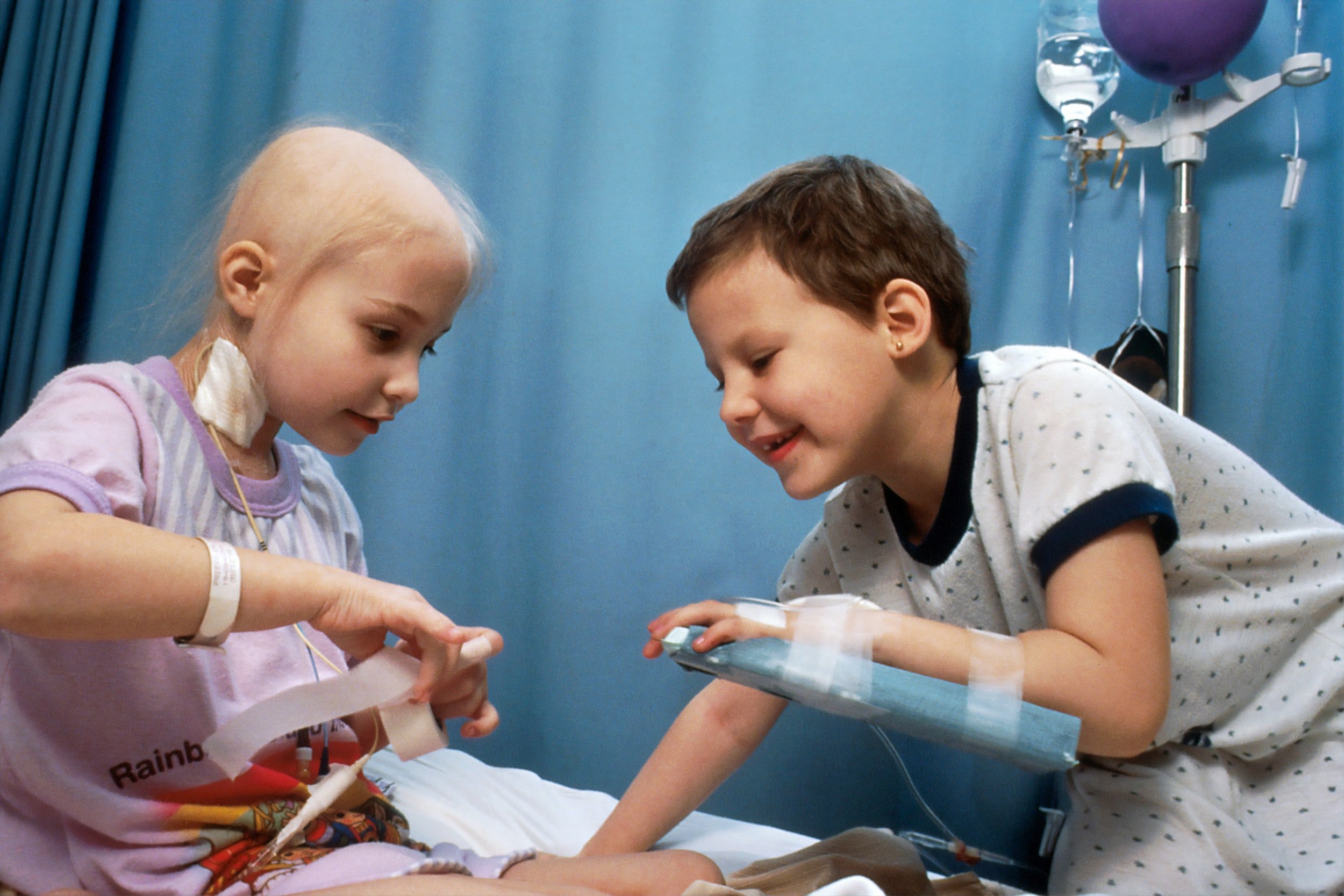
Pediatric Palliative Care: What is it and Who Needs it?
Having a child with a serious illness is difficult for the entire family. Treatments that may be necessary to save or extend a child’s life can sometimes take as much of a toll on them as the illness itself. If your child has a serious illness, palliative care may be available and beneficial while they are being treated for their medical condition. Often confused or equated with hospice care (which is provided when a person is considered to be at the end of their life), palliative care can be added to a treatment plan at any time following the diagnosis of a serious illness. This guide explores the differences between palliative and hospice care, and share resources that may help you determine whether or not a palliative care program could benefit your child’s health and well-being.
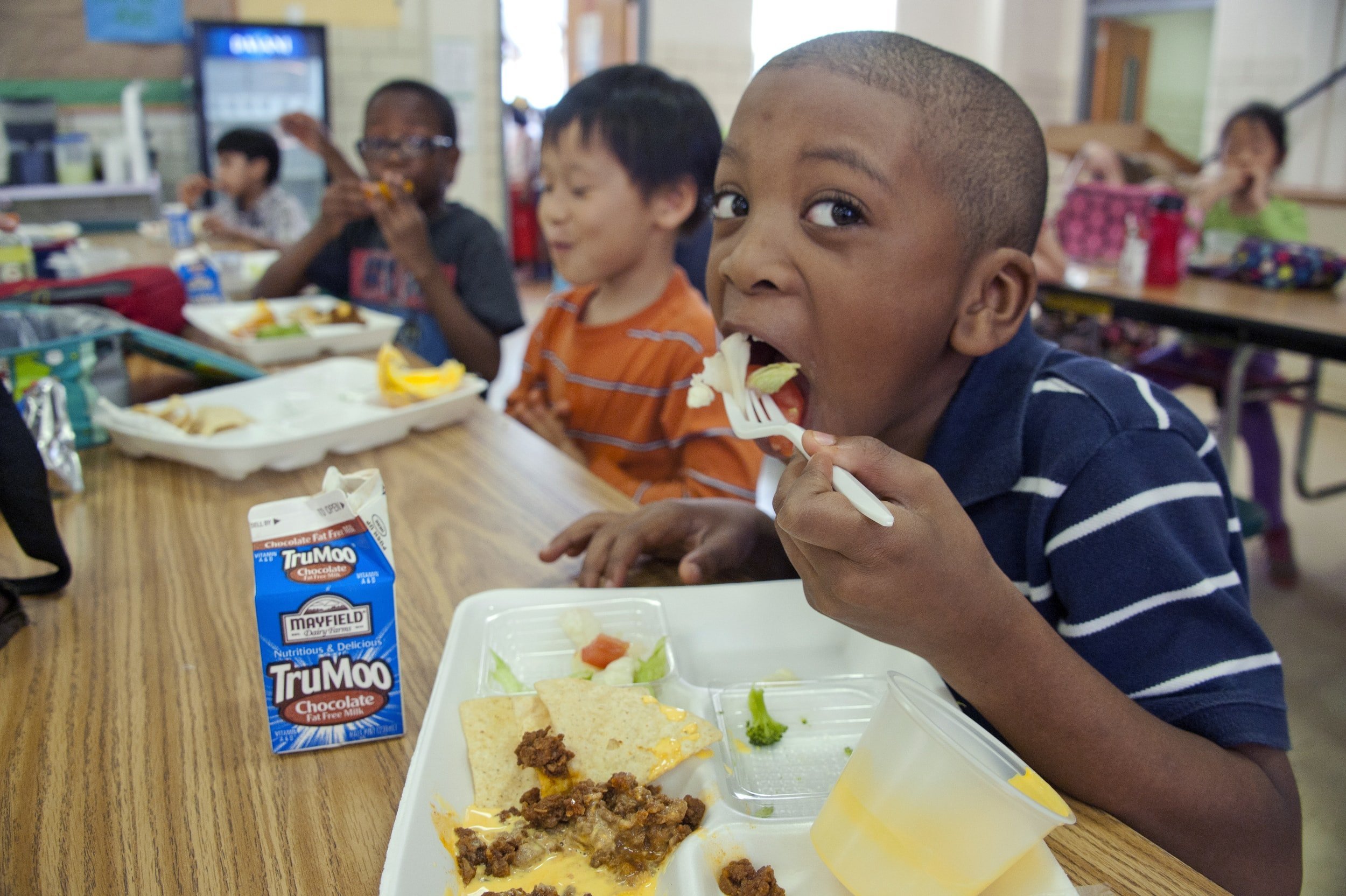
Caring for Children with Severe Food Allergies
Managing the needs of a child with a food allergy can be a complicated task. Since some allergic reactions can be severe and even life-threatening, it’s important to be prepared and proactive as a caregiver for a child with a food allergy. In this guide you’ll find resources related to the identification, prevention, and treatment of allergic reactions to food. The resources in this guide are not a replacement for medical consultation or care. Please consult your child’s pediatrician if you have concerns about food allergies and how to treat an allergic reaction.

Finding Your Support Community
A new medical diagnosis often comes with more questions than answers, as well as a flood of emotions. As a caregiver to a child who has special needs or a complex medical condition, it can be helpful to find a community of supportive people who understand the challenges you have faced or will face while caring for your child. With the rise of social media and other web-based resources, information has never been easier to find and making contact with others is a breeze. But how can you be sure that you can trust the information or people with whom you are connecting? In this guide we will share some tips on how to find information and a community of support when your child is diagnosed with a disabling medical condition.
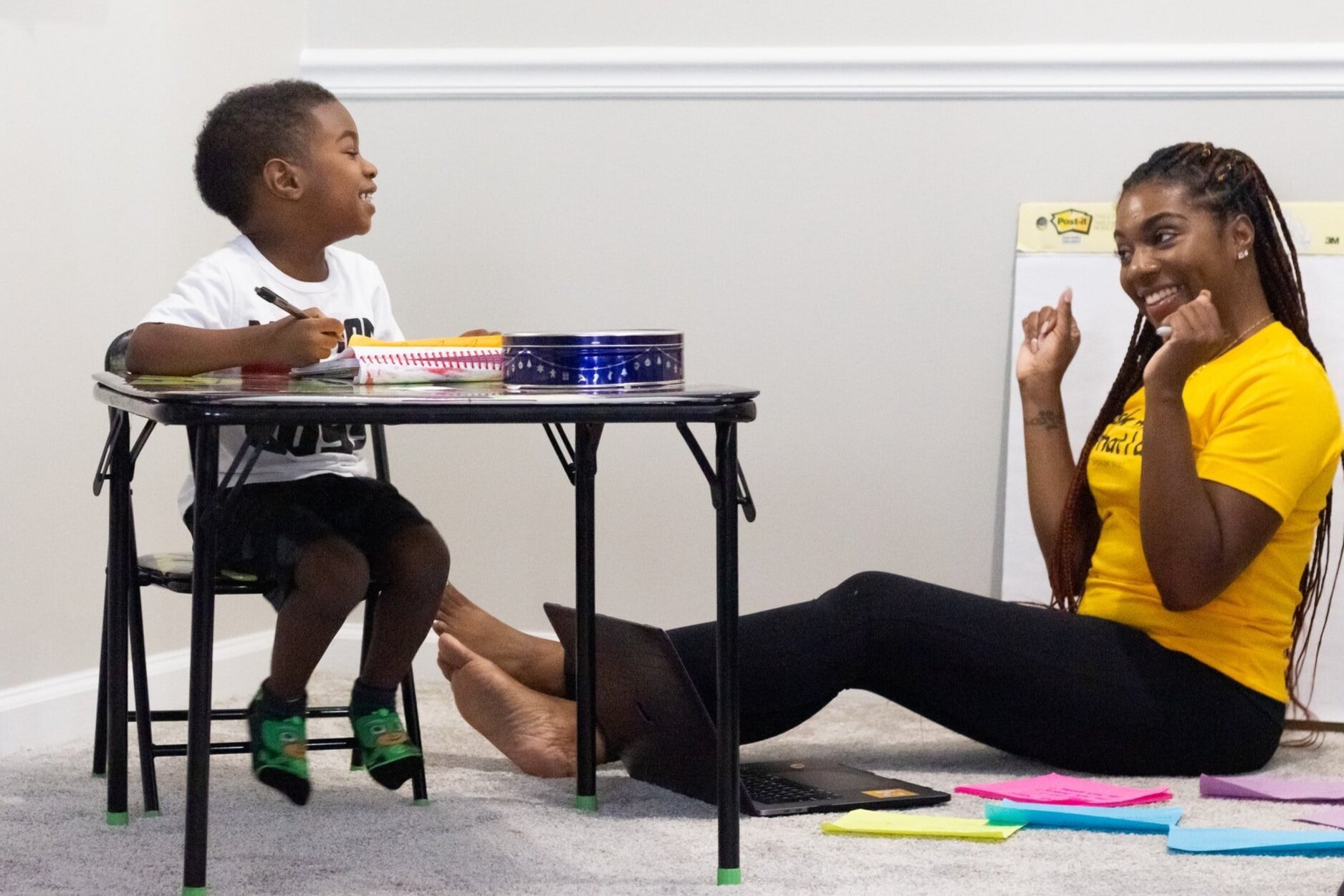
Creating a Social Story
If your child has difficulty navigating new experiences, preparing in advance with a social story may help to alleviate some of their stress and anxiety. Social stories are brief, visual explanations that detail what you might expect to happen during an upcoming life event. They can be helpful when your child needs a little extra preparation for a new activity or a known change to their regular routine. In addition to reviewing individual parts of the upcoming experience, social stories list appropriate behaviors so that a child knows not only what to expect, but what is expected of them!
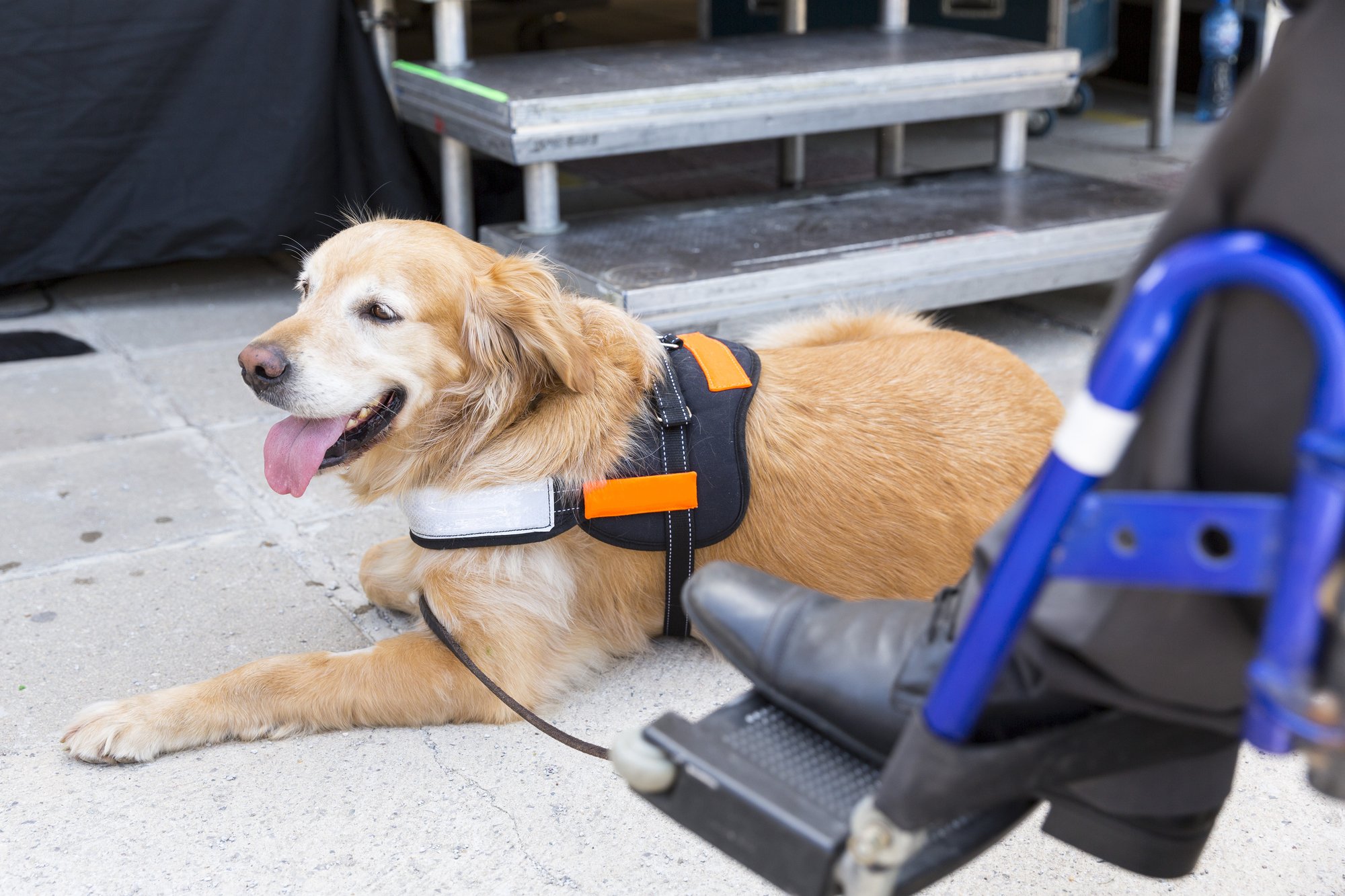
Service, Emotional Support, and Therapy Animals: What’s The Difference?
Although the lines between service, emotional support, and therapy animals may seem blurred, this helpful guide will explain the difference between each type of animal, the services they provide, and the intricacies of bringing one into your life.
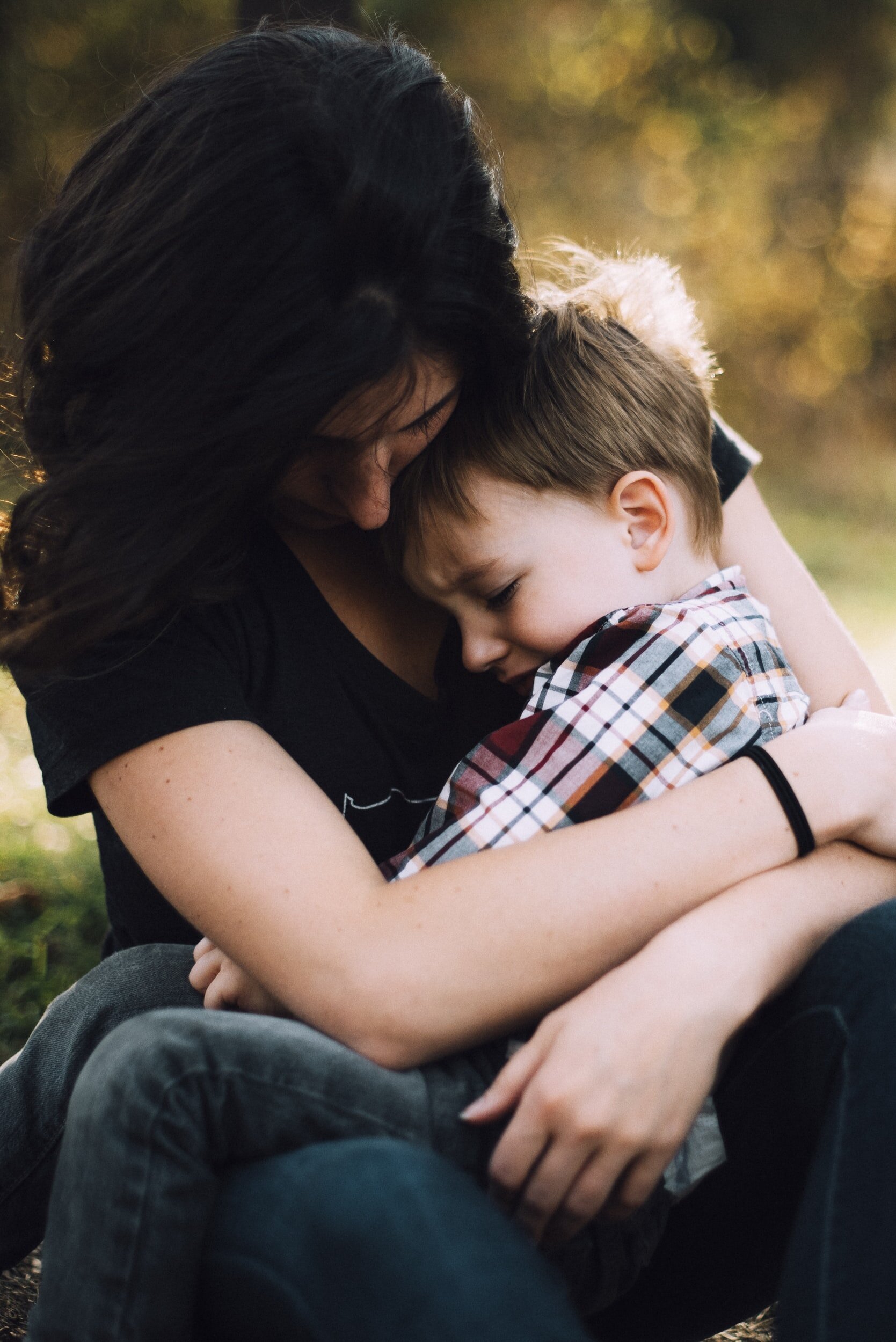
Supporting Children Through Grief
Losing a loved one can be difficult at any age, but for children who have yet to fully understand the concepts of life and death, the impact of loss and complex feelings of grief can be overwhelming. On average, 1 in every 5 children will experience the death of someone they are close to prior to their 19th birthday, and grieving that loss will be a lifelong journey that follows kids into adulthood. While grief is a complex topic to discuss, professional insights into this unique journey can help caregivers facilitate healthy conversations related to loss and death.
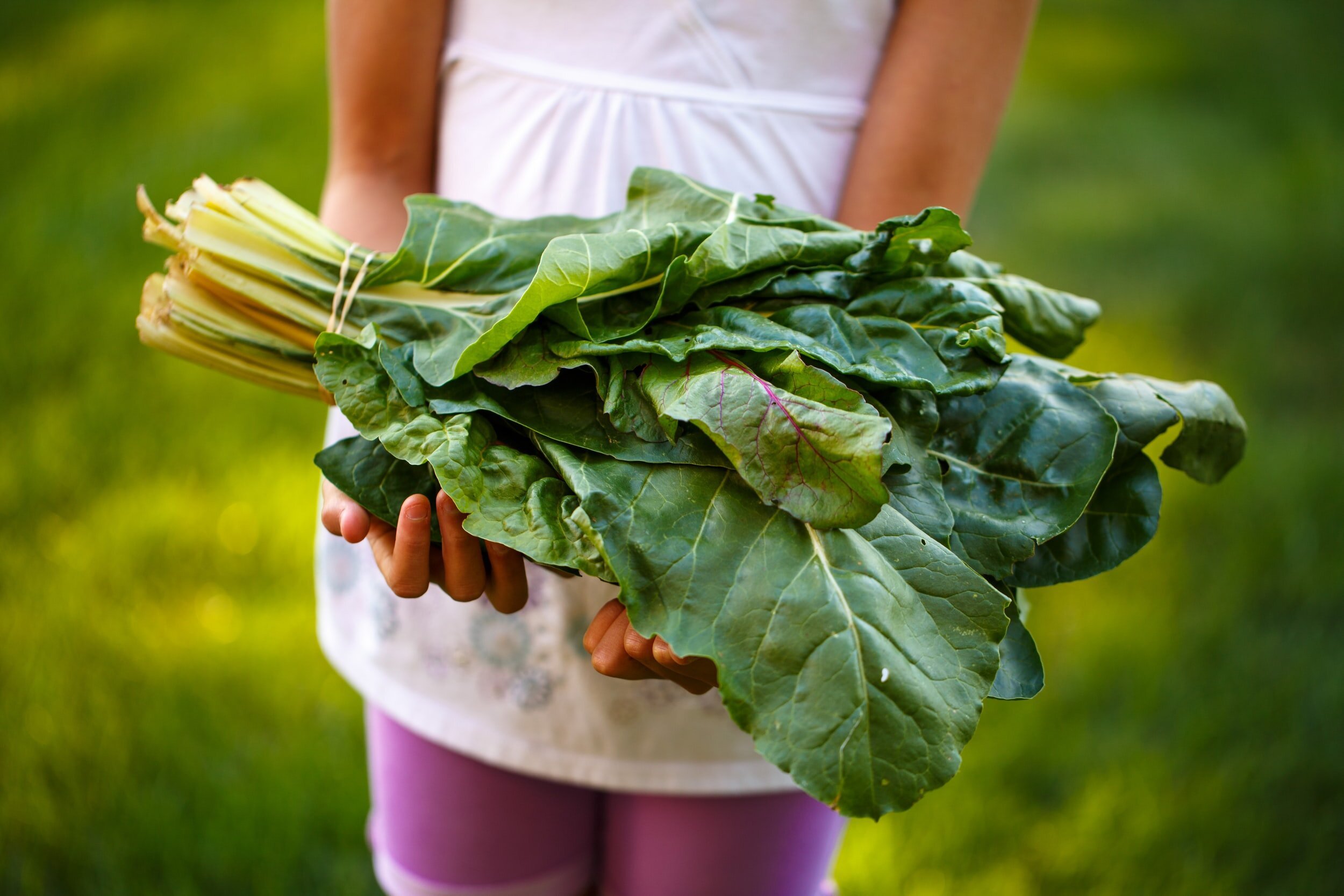
Nutrition Knowledge: Food For Thought
Nutrition is important at every age, but never more so than in childhood. Kids are establishing healthy habits and building knowledge that will help them throughout their lives. This guide is filled with resources that will help you and your children understand the importance of good nutrition. Knowledge is power, and the more a child learns about the value of nutritious food, the more excited they will be about healthy eating.
